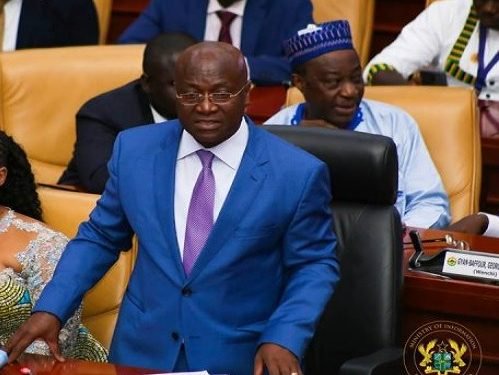
Award-winning Ghanaian investigative journalist Manasseh Azure Awuni has weighed in on the recent incident involving the toppling of President Akufo-Addo’s statue at the Effia Nkwanta Regional Hospital, drawing thought-provoking comparisons to the removal of Kwame Nkrumah’s statue during the 1966 military coup. In a post shared on his social media platforms, Awuni delved into the historical and symbolic significance of both events, offering his perspective on their broader implications.
Recalling the events surrounding Nkrumah’s overthrow, Awuni reflected on the 1966 coup that ousted Ghana’s first president and sought to erase his legacy. The coup leaders not only toppled statues of Nkrumah but also took extreme actions such as decapitating his likeness and attempting to suppress symbols of his achievements, including the Kpando Borborbor Band. Awuni noted that while Nkrumah’s fall was celebrated by some, it failed to diminish the lasting impact of his leadership.
“Nearly six decades later, posterity—the acclaimed judge of human endeavors—continues to pass favorable verdicts on Nkrumah’s life and deeds,” Awuni wrote, emphasizing that Nkrumah’s lasting contributions, such as the Akosombo Dam and the Tema Motorway, continue to shape Ghana’s infrastructure and development. He highlighted Nkrumah’s vision for a united and self-reliant Africa, underscoring the resilience of his legacy despite the adversities faced during his time in office.
Furthermore, Awuni praised Nkrumah’s integrity and selflessness, noting, “He had no appetite for our money…of all the propaganda against him, we have not heard that he stashed millions in foreign bank accounts.” This comparison served as a stark contrast to the current state of political leadership, wherein allegations of corruption and mismanagement are often a point of contention.
Addressing the current incident with Akufo-Addo’s statue, Awuni warned against drawing direct equivalencies between the two events. “Two people may suffer the same or similar fates, but those fates alone do not define their places in history,” he cautioned. In a powerful biblical analogy, he likened Nkrumah to Jesus Christ, pointing out that while both Nkrumah and the two thieves on the cross suffered similar circumstances, history has immortalized Nkrumah as a transformative leader while the thieves remain nameless.




